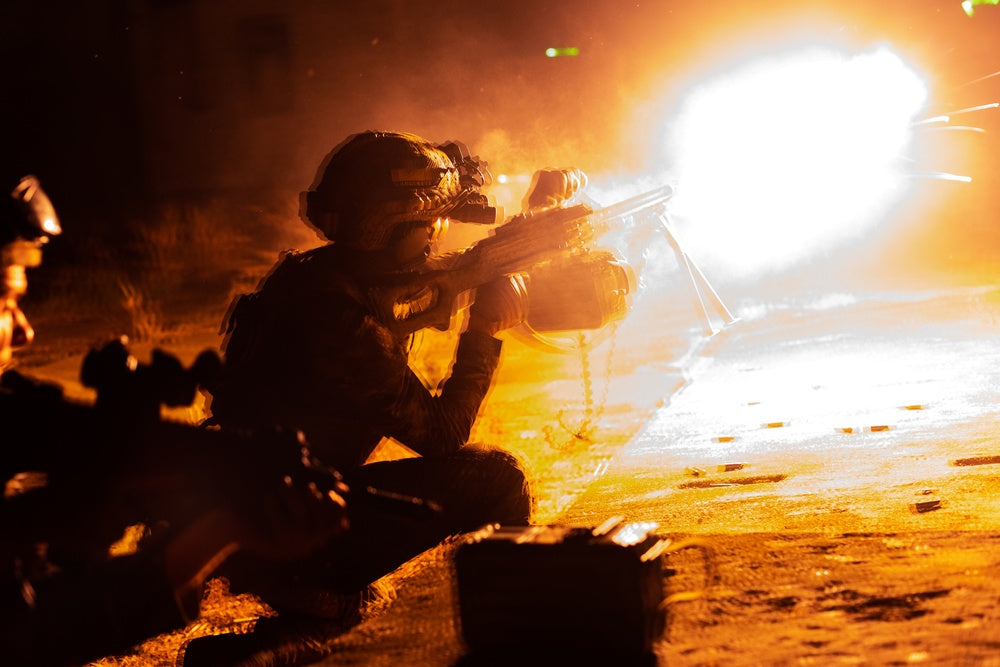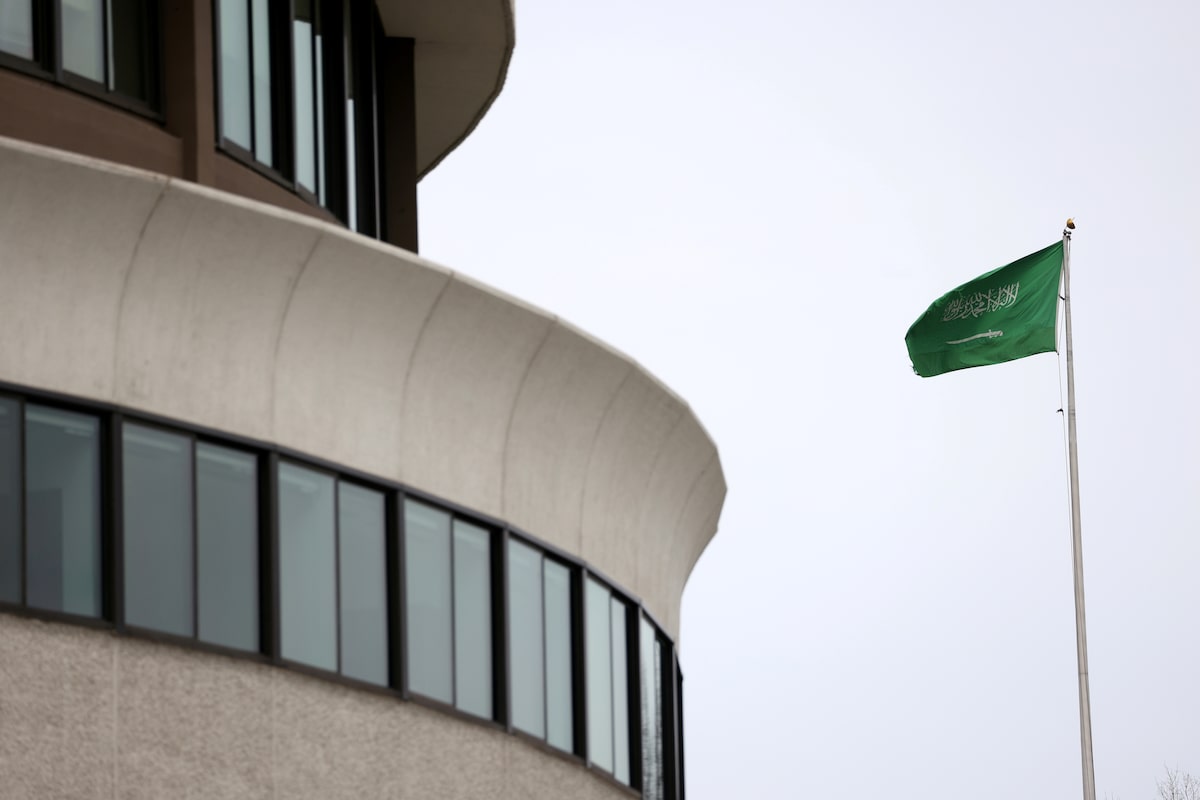
Ukraine makes incursion into Russia’s Kursk region
PHOTO CAPTION: A Ukrainian service member provides covering fire for a joint raid exercise between Ukrainian Special Forces and U.S. Navy SEALs during exercise Sea Breeze 21 on Pervomaysʹkyy Island, Ukraine July 2, 2021. (U.S. Army Photo by Sgt. Patrik Orcutt via U.S. Defense Visual Information Distribution Service)
By Guy Faulconbridge and Lidia Kelly
MOSCOW (Reuters) -Russia said on Wednesday that it was fighting intense battles against Ukrainian forces which had penetrated Russia's Kursk region in one of the largest incursions into Russia since the Ukraine war began in February 2022.
Russia has advanced this year after the failure of Ukraine's 2023 counteroffensive to achieve any major gains, and has taken 420 square kilometres (162 square miles) of territory from Ukrainian forces since June 14, Sergei Shoigu, head of Russia's security council, has said.
Ukraine struck back on Tuesday - and the battles continued through the night into Wednesday as Ukrainian forces pushed to the north west of the border town of Sudzha, 530 km (330 miles) southwest of Moscow, Russia's defence ministry said.
The defence ministry said that it was continuing to fight Ukrainian units "in the areas of the Kursk region directly adjacent to the Russian-Ukrainian border."
"Air strikes, missile forces, artillery fire and active actions of units covering the State border of the grouping of troops in the Kursk direction prevented the enemy from advancing deep into the territory of the Russian Federation."
It said the fighting was continuing, adding that it had already destroyed 50 armoured vehicles, including seven tanks, eight armoured personnel carriers, three infantry fighting vehicles and 31 armoured combat vehicles in the area.
Sudzha is the last operational trans-shipping point for Russian gas exports to Europe via Ukraine. Just 60 km away to the northeast is Russia's Kursk nuclear power station.
Ukraine has not commented on the events. Russia sent reserves to help shore up Russian defences.
The battles around Sudzha come at a crucial juncture in the war: Ukraine is losing territory and Kyiv is deeply concerned that U.S. support could drop off if Donald Trump wins the November election in the United States.
Trump has said he would end the war, so both Russia and Ukraine are keen to gain the strongest possible bargaining position on the battlefield while pinning down Russian forces and showing the West that it can still mount major battles.
Shoigu said on Tuesday that the window for peace was narrowing and that the longer it took for Kyiv to begin to talk about terms, the costlier the peace would be for the Ukrainian people.
BATTLE OF KURSK
Russian military bloggers reported intense battles with some suggesting that Ukraine had opened a new front.
"The fighting will be fierce," said Yuri Podolyaka, an influential Ukrainian born pro-Russian military blogger. "It's definitely not going to end quickly."
"Even if the enemy fails to break through (and no one will give guarantees for now), there will be artillery attacks and drone attacks. And in large numbers," said Podolyaka.
Alexei Smirnov, the acting governor of the Kursk region, said there had been rocket and drone attacks overnight, and told civilians to take cover away from windows
"Due to the situation in the border areas of the region, medical institutions are replenishing the supply of donated blood," Smirnov said, adding that there would be a mobile blood donation point set up in Kursk, the site of the world's largest ever land battle during World War Two.
Both Kyiv and Moscow say their attacks do not target civilians though civilian losses in the war have been vast.
Smirnov said a Ukrainian attack drone had hit an ambulance outside the town, killing the driver and a paramedic and wounding a doctor.
A senior Orthodox clergyman said Ukrainian shelling had set ablaze a cathedral and other buildings within a large monastery outside Sudzha, but no one was hurt.
Forces describing themselves as voluntary paramilitaries fighting on Ukraine's side penetrated parts of Belgorod and Kursk region this year, triggering a major push by Russian troops to carve out a buffer zone in Ukraine's northeast.
(Reporting by Lidia Kelly in Melbourne; Editing by Clarence Fernandez and Sharon Singleton)









